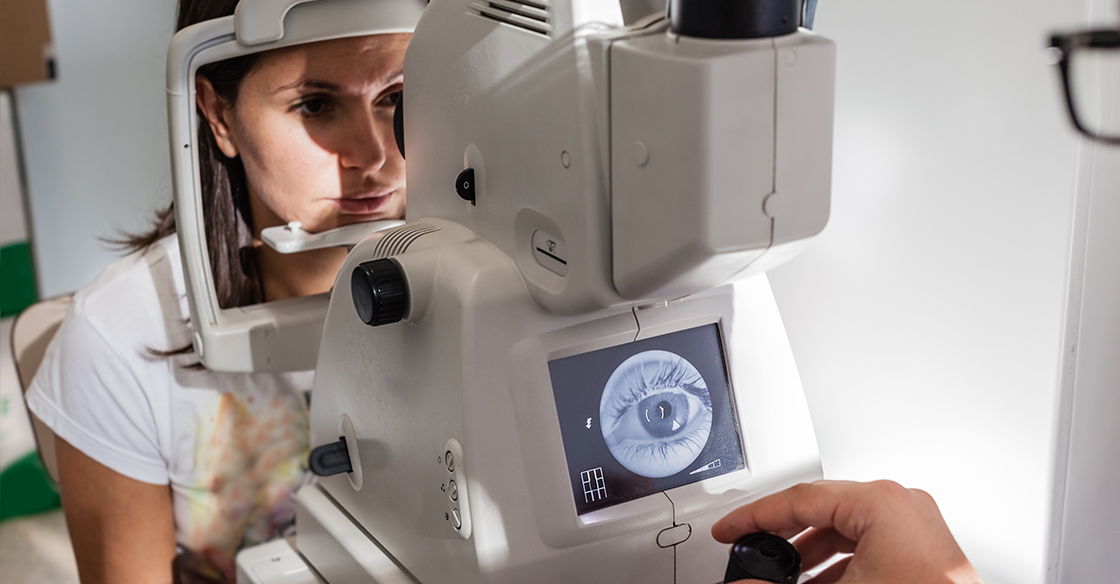Retina

What is the Retina?
The retina is responsible for sending images to the optic nerve and then to the brain. A healthy retina allows you to see colors, shapes, tones and movements accurately. Most diseases of the retina appear as our eyes age. Early detection is critical and like an annual physical with your doctor, a routine eye exam is an easy way to screen and minimize tissue damage and vision loss.
If you experience any of the following symptoms you should call our office immediately:
Retinal diseases can affect your vision or lead to permanent blindness if left untreated.

